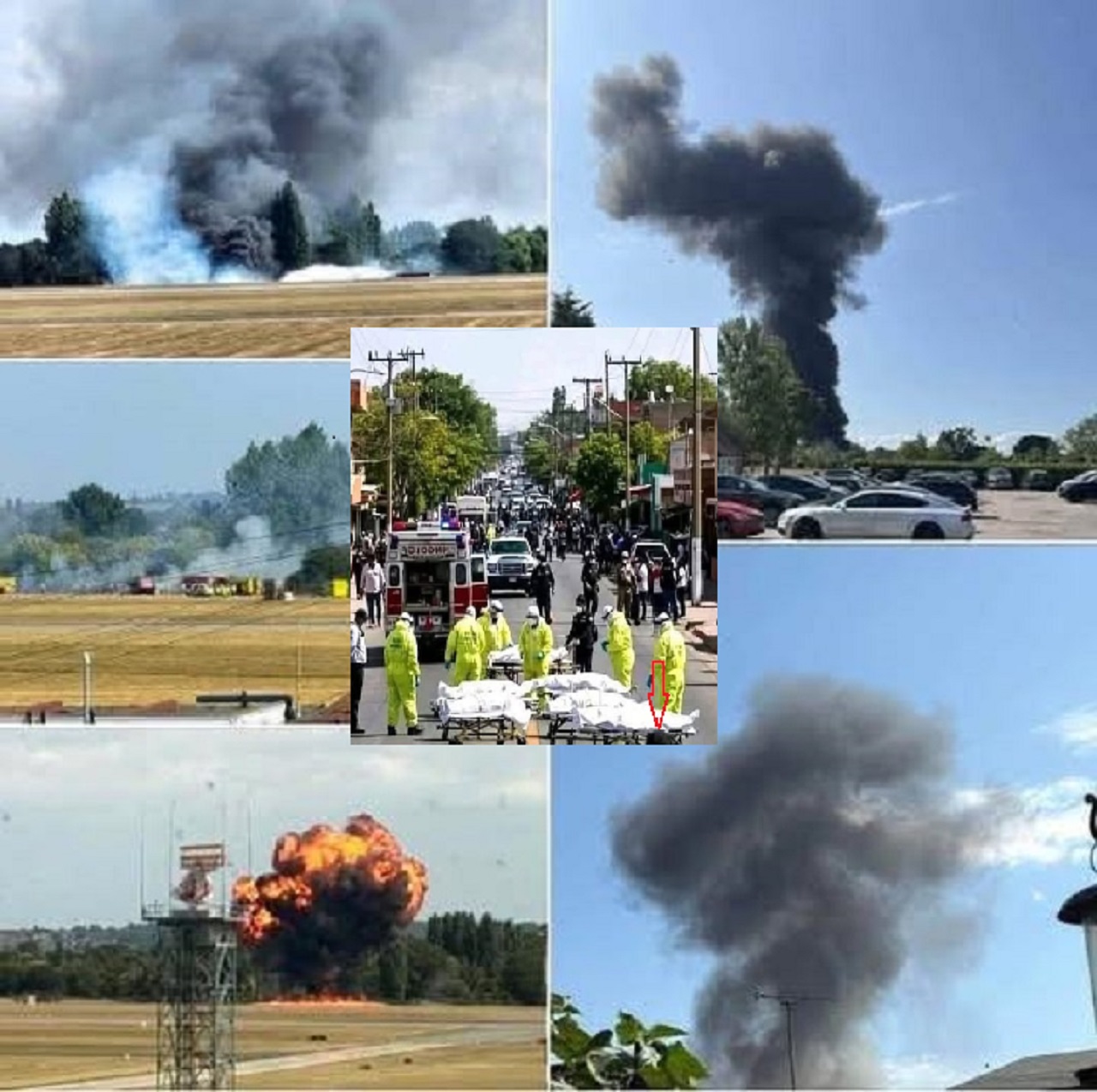Tragic news has emerged from British Columbia as the bodies of three men have been recovered following a devastating mudslide near Lillooet, with one man still unaccounted for despite extensive search efforts, according to the RCMP. The deadly slide, which struck a section of Highway 99—also known as Duffey Lake Road—has left the community reeling and has become yet another reminder of the dangers posed by extreme weather events in the region.

Authorities confirmed that the first deceased individual was recovered on Wednesday, and two additional bodies were located the following day. B.C. Chief Coroner Lisa Lapointe released a written statement on Saturday confirming the recoveries and outlining the ongoing efforts to bring closure to the affected families. While search operations continued on Friday in hopes of finding the fourth missing individual, those attempts were unsuccessful due to dangerous conditions at the site. Earlier in the week, on Monday, recovery teams had already discovered the body of a woman, marking the first confirmed fatality connected to the mudslide. Her death, along with those of the three men, has brought the known death toll to four, with one person still missing.
Officials have linked the disaster to the extreme rainfall that battered southern B.C. last weekend, triggering severe flooding and multiple landslides that have disrupted communities and claimed lives across the province. Lapointe stated that with all search avenues now exhausted, active recovery operations have officially concluded, though discussions are ongoing about the best course of action moving forward. Authorities are currently working to identify the three men whose bodies were retrieved and are in the process of notifying their next of kin.
The announcement has underscored the emotional toll on the families of the victims as well as on the wider community still reeling from the devastation. In her remarks, Lapointe expressed profound sympathy, stating, “I also extend my heartfelt condolences to the families who are now grieving the sudden and unexpected death of their loved one, and to the family of the missing person we have so far been unable to locate.” She further noted that this year has been especially difficult for British Columbians, with many families and communities enduring tragic losses from a series of natural disasters.
Lapointe emphasized that the BC Coroners Service will continue to investigate the facts surrounding these fatalities, ensuring they are documented for the public record. She also committed to making recommendations where possible in the hope of preventing similar tragedies in the future. The mudslide itself struck on November 15, sweeping across a section of Highway 99 south of Lillooet and leaving behind a massive field of debris. Law enforcement and search-and-rescue teams were immediately mobilized to locate and assist anyone caught in the slide. Their efforts, however, were made significantly more difficult by relentless rain, unstable terrain, and hazardous conditions that hindered progress and limited safe access to the site.
B.C. RCMP Staff Sgt. Janelle Shoihet confirmed that the search for the final missing individual has been hampered by these adverse weather conditions and the unstable ground at the location of the mudslide. She added that the safety of rescue workers remained a top priority, even as they faced immense pressure to bring closure to the grieving families. At present, the affected stretch of Highway 99 remains closed to motorists, with no timeline given for when it might reopen.
The closure has cut off a critical transportation link in the region, further complicating recovery and relief efforts. Local communities that rely on the road are now facing the additional burden of limited access, with many residents expressing frustration but also understanding of the safety concerns. The disaster near Lillooet is part of a wider pattern of extreme weather events that have struck British Columbia in recent months. The province has endured record rainfall, destructive flooding, and multiple landslides that have collectively displaced residents, destroyed infrastructure, and claimed lives. Experts have warned that climate change is intensifying these events, creating conditions where catastrophic flooding and landslides may become more frequent.
For the families of those who lost their lives in this particular slide, however, the focus is on grieving and healing. The recovery of three men and one woman has brought some closure, but the absence of the fourth missing individual remains a painful reminder of the human cost of natural disasters. Community leaders have promised support for the affected families, and mental health services are being offered to residents grappling with the trauma. As British Columbia continues to confront the challenges posed by extreme weather, the story of this mudslide stands as both a tragedy and a call to action.
It highlights the urgent need for preparedness, resilience, and investment in infrastructure capable of withstanding the growing impact of climate-driven events. While the highway may one day reopen and the debris may be cleared, the lives lost will not be forgotten, and their memory will remain etched in the collective grief of the community.





